Know the risks, the signs and actions you should take
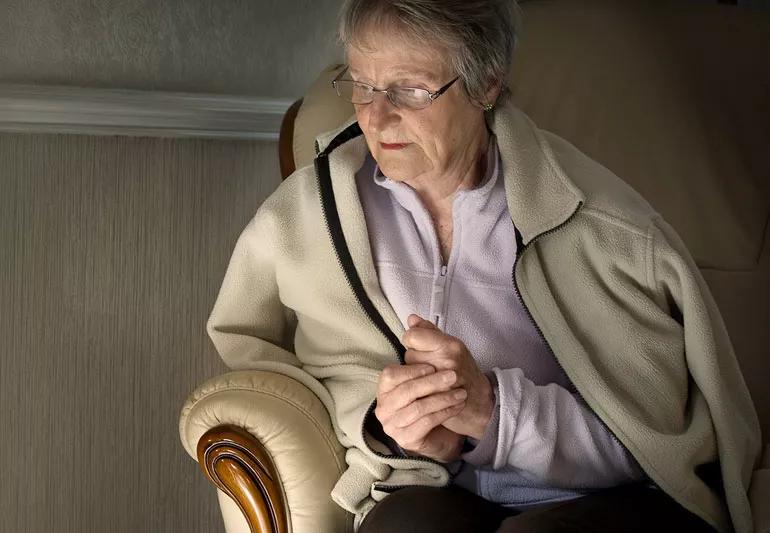
When we think of hypothermia, our minds typically go to an accident where someone falls through the ice, is floating in sub zero sea waters or someone who is caught outside in the cold for too long.
Advertisement
Cleveland Clinic is a non-profit academic medical center. Advertising on our site helps support our mission. We do not endorse non-Cleveland Clinic products or services. Policy
Truth is though, we’re all susceptible to hypothermia — a dangerous drop in core body temperature usually following prolonged exposure to the cold. And it doesn’t have to occur in those dramatic outdoor circumstances, either.
It may surprise you to know your body can lose a dangerous amount of heat even at room temperature if the conditions are right.
“There are no hard-and-fast rules as to the exact temperature at which you can get hypothermia or the amount of time it takes,” says emergency medicine physician Thomas Waters, MD. “Even at room temperature, you can become hypothermic if the circumstances are right for it.”
According to the United States Centers for Disease Control and Prevention (CDC), older adults with inadequate heat, food and clothing and young children are at greater risk of getting hypothermia in any condition.
Children generally tend to lose heat from their bodies faster than adults do. They also tend to be less aware if they’re experiencing symptoms, given their high energy levels and tendency to be more physically active. Babies who sleep in cold bedrooms can also be at risk.
People who remain outdoors for long periods of time — those who don’t have basic shelter, those who participate in outdoor work or sports, those who are mentally ill and people dependent on drugs and alcohol are also at a greater risk.
Advertisement
It’s important that if you know anyone who is at risk of indoor hypothermia to check on them often to prevent any dangerous complications from cold weather months. They may not be aware of these dangers, so if you’re able to, inform them and offer help if you can.
Here are more key facts about hypothermia you should know:
The risk factors for hypothermia you probably think of first — wind chill, submersion in cold water and working outside in the cold — are all factors that can certainly rob your body of its heat.
But there are many factors other than a cold environment that put you at greater risk for hypothermia. It’s important to also consider these contributing factors you may not expect:
It’s possible to lose a dangerous amount of body heat inside your own home. Hypothermia can happen indoors in as little as 10 or 15 minutes if the temperature settings are cold enough.
Not having any heat in your home in the winter can be very dangerous. So is keeping your heat turned down too low. Both can lead to hypothermia.
“It’s also not an uncommon scenario for a person to fall and be unable to get up off the floor,” Dr. Waters says. “Lying on a cold basement floor increases the body’s rate of cooling, creating a setting where hypothermia could set in.”
“If you’re wet, poorly nourished, or inadequately clothed on top of not having enough heat, you’ll get colder much faster — and the faster hypothermia can occur,” he says.
Hypothermia is a medical emergency. If recognized early and treated appropriately there are typically no long-term effects. Otherwise, serious consequences are very possible.
Thousands of people die each year in the United States from hypothermia — and many of those deaths are preventable.
“Hypothermia can affect the brain and nervous system, the cardiovascular system and the liver. It can impair your motor coordination, decision making, and thus your ability to help yourself out of it. If not treated quickly, it can lead to death,” says Dr. Waters.
Advertisement
Time is of the utmost importance in treating hypothermia. If the conditionals are right, it can begin within minutes of your body starting to lose heat.
It begins with noticeable shivering, which is your body’s way of trying to compensate for the cold.
As your body becomes dangerously cold, the shivering stops.
“You may then start to feel weak and dizzy, uncoordinated, confused, start to slur your speech and make poor decisions as your mental capacity decreases,” Dr. Waters says.
Here’s a complete list of common symptoms of hypothermia.
For adults:
For infants and children:
Call 911 first thing if you suspect that you or someone else has hypothermia.
Dr. Waters then recommends that you:
“When helping another person, be gentle,” he says. “As hypothermia sets in the person may already beginning to go through a bit of shock both physically and mentally, so remaining calm can help a great deal.”
The best way to deal with cold weather and to avoid hypothermia is to prepare. Remember this acronym:
Advertisement
C – Clothing. Wear dry, warm clothing, including a hat.
O – Open. Make sure clothing is open during exercise to avoid excessive sweating.
L – Loose. Dress in loose layers.
D – Dry. Stay as dry as possible.
“If you’re going to be anywhere affected by colder temperatures — whether inside your home in the winter, going for quick drive in your car, or in any environment that may see a sudden drop in temperatures — be prepared and consider taking along a survival kit that includes blankets, water, some emergency food and a heavy coat,” says Dr. Waters. “You never know what can happen out there.”
Advertisement

Sign up for our Health Essentials emails for expert guidance on nutrition, fitness, sleep, skin care and more.
Learn more about our editorial process.
Advertisement
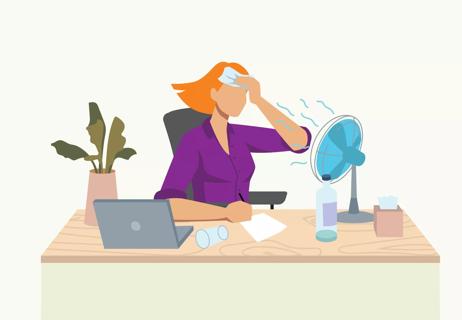
The not-so-sweet heat could be from a medical condition, menopause or even spicy foods
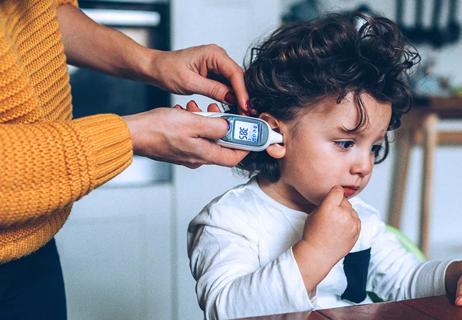
You can use a digital, tympanic or temporal artery thermometer
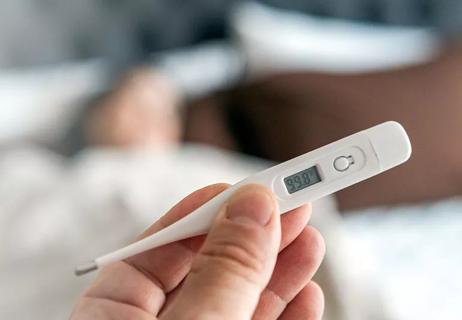
There’s no one answer, as your temperature fluctuates throughout the day and your life
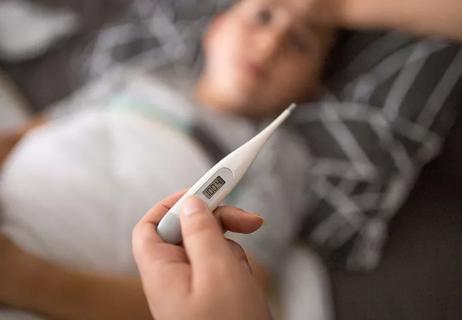
Use a digital oral, rectal, axillary, ear or forehead thermometer based on your child’s age
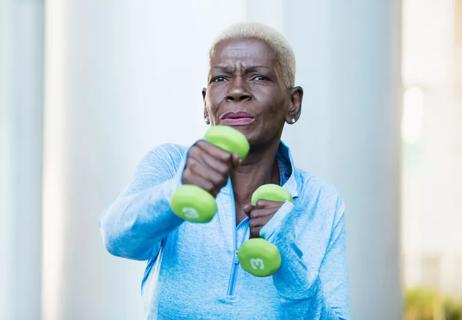
And 4 things you can do to combat heat and cold intolerances
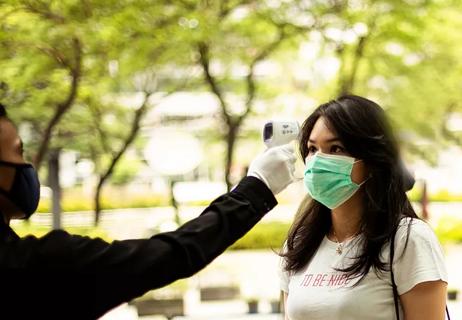
The short answer from a family medicine specialist

Exerting yourself in cold temperatures increases your risk of a cardiac event

Wearing a scarf, adjusting your outdoor activities and following your asthma treatment plan can help limit breathing problems

Even small moments of time outdoors can help reduce stress, boost mood and restore a sense of calm

A correct prescription helps your eyes see clearly — but as natural changes occur, you may need stronger or different eyeglasses

Both are medical emergencies, but they are very distinct events with different causes